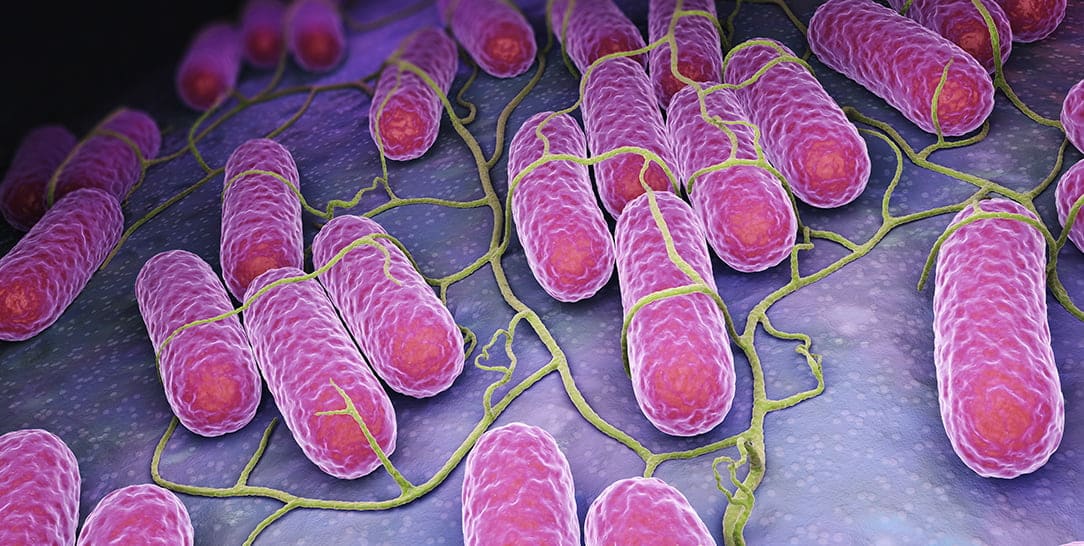New findings from Cleveland Clinic researchers show for the first time that the gut microbiome affects stroke severity and functional impairment after having one. The results, published on Cell Host & Microbe, lay the foundation for potential new interventions to help treat or prevent stroke.
The research was conducted by Wei Fei Zhu e Stanley Hazen of the Lerner Research Institute at the Cleveland Clinic. The study is based on more than a decade of team-led research related to the role of the gut microbiome in cardiovascular health and disease. Among the findings obtained, noteworthy are those on the negative effects of TMAO extension (trimethylamine N-oxide), a byproduct created by the interaction between gut bacteria and certain nutrients abundant in red meat and other animal products.
Gut microbiome and stroke, a direct correlation
In this study we found that dietary choline and TMAO produced larger stroke size and severity and poorer outcomes in animal models. Surprisingly, simply transplanting gut microbes capable of producing TMAO was enough to cause a profound change in stroke severity.
Stanley Hazen, chair of the Department of Cardiovascular and Metabolic Sciences and director of the Center for Microbiome & Human at the Cleveland Clinic

TMAO, messenger of death
Previously, Dr. Hazen and his team found that elevated TMAO levels can lead to the development of cardiovascular disease. In clinical studies involving thousands of patients, they have shown that blood levels of TMAO predict future risk of heart attack, ictus and death, results replicated around the world. Previous studies had instead shown a link between TMAO and increased risk of blood clotting.
This new study extends previous findings. And for the first time it provides evidence that the gut microbiome (particularly through TMAO) can have a direct impact on stroke severity or post-stroke functional impairment.
Research on gut microbiome and stroke
The researchers compared brain damage in preclinical stroke models between those with high or low TMAO levels. Over time, those with higher TMAO levels had more extensive brain damage and a greater degree of motor and cognitive functional deficits. Dietary changes that alter TMAO levels, such as eating less red meat and eggs, also had an impact on stroke severity.
Function after a stroke is a major concern for patients. To understand whether choline and TMAO affect her, the team compared performance on various activities before and after a stroke, both in the short and long term. And it found that a gut microbial enzyme critical for TMAO production called CutC increased stroke severity and worsened outcomes.
Hunt for the enzyme
In the great "battlefield" represented by our intestinal microbiome, for Dr. Zhu, hitting this target (the CutC enzyme) can be an excellent idea. To do what? Improve the outcome of a stroke? No. To prevent it.
“When we genetically silenced the gut microbe gene that codes for CutC,” the doctor says, “the severity of the stroke decreased significantly.” But that is not all. “Ongoing research is exploring this therapeutic approach, as well as the potential for dietary interventions to help reduce TMAO levels and the risk of stroke itself.”

A diet rich in meat (especially the red one elevates) the levels of TMAO. In a plant-based diet, protein sources help lower the TMAO.


